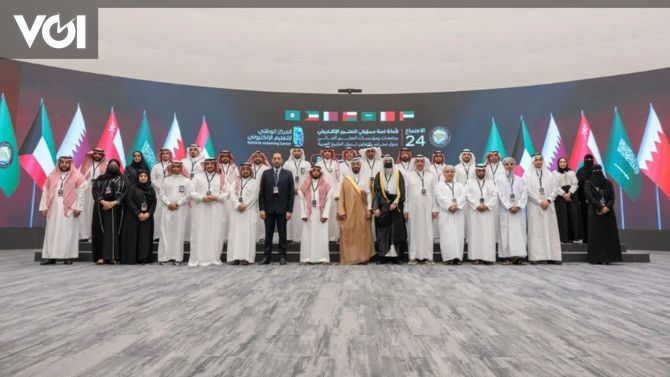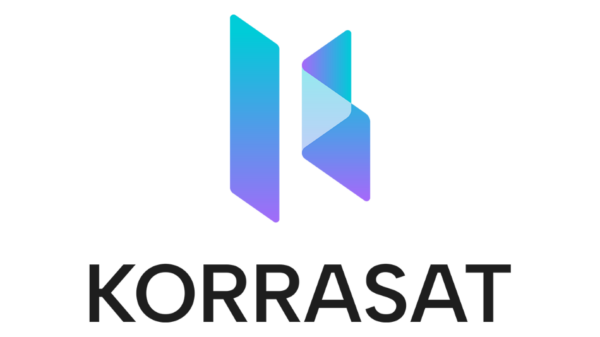Countries that are members of the Gulf Cooperation Council (GCC) have come together to advance the development of artificial intelligence (AI) tailored for educational purposes. This significant agreement was made during the 24th meeting of the E-Learning Official Committee, hosted by the National Center for e-Learning in Saudi Arabia on November 6.
The primary objective of this meeting was to bolster cooperation among Gulf nations in the realm of e-learning and to facilitate the exchange of expertise regarding digital transformation and AI in education. This initiative supports the GCC’s broader efforts to create an innovative educational framework that meets the demands of the future.
Key Discussions and Recommendations
During the meeting, participants focused on critical topics such as the strategic trends in AI, its governance in educational settings, and its practical applications in enhancing learning environments. The committee approved a series of final recommendations regarding the adoption of AI, endorsed by the National Center for e-Learning. These recommendations are intended to serve as a reference model that aligns with the committee’s strategic goals, as reported by Arab News on November 15.
One of the standout proposals discussed was the development of a unified Gulf language model aimed at contributing to online learning systems and enhancing AI capabilities in higher education. This initiative reflects a concerted effort to improve accessibility and quality in educational resources across the region.
The meeting attracted a diverse group of stakeholders, including directors of education from GCC countries, deans, e-learning officials from higher education institutions, and various experts in digital education and AI. Their collaboration underlines the importance of shared knowledge and resources in navigating the evolving landscape of education technology.
Learning from Regional Experiences
Participants also evaluated experiences from Saudi Arabia and universities within the Gulf region, highlighting successful case studies and effective practices. Furthermore, discussions encompassed the regulatory frameworks and policies required to foster the responsible use of modern technologies in educational contexts.
The committee emphasized that ongoing joint action among Gulf countries is essential to adapt to global developments and the rapid changes occurring in online learning environments. By aligning their educational strategies with advancements in AI, the GCC countries aim to not only enhance their educational offerings but also to position themselves competitively on the global stage.
This collaborative endeavor among GCC nations signifies a pivotal moment in the integration of technology in education. As these countries continue to develop and implement AI-driven solutions, they are paving the way for a more innovative and responsive educational system that can meet the challenges of the future.
In conclusion, the GCC’s commitment to leveraging AI for educational advancement is a promising step towards not only enriching the learning experience for students but also fostering a more interconnected and technologically adept region.
See also Study Reveals Learning with ChatGPT Leads to Shallow Knowledge Compared to Google Searches
Study Reveals Learning with ChatGPT Leads to Shallow Knowledge Compared to Google Searches Top Free University AI Courses on YouTube Covering Machine Learning and NLP
Top Free University AI Courses on YouTube Covering Machine Learning and NLP Edtech Giants PhysicsWallah, UpGrad, and Unacademy Shift Focus Offline for Growth
Edtech Giants PhysicsWallah, UpGrad, and Unacademy Shift Focus Offline for Growth Freewillin Achieves Three-Year Streak on HolonIQ’s East Asia Edutech 150 List
Freewillin Achieves Three-Year Streak on HolonIQ’s East Asia Edutech 150 List PalFish Achieves $100M Revenue with AI Super Teachers, Targets 150% Growth in Southeast Asia
PalFish Achieves $100M Revenue with AI Super Teachers, Targets 150% Growth in Southeast Asia





































































